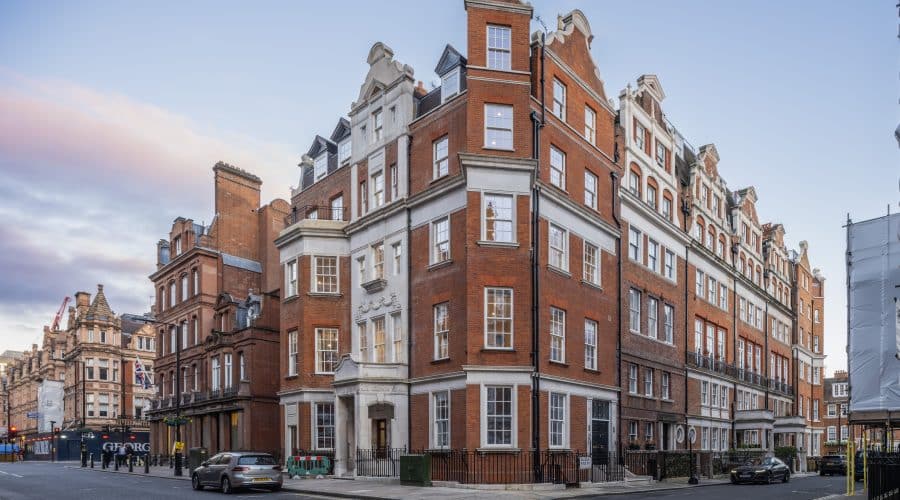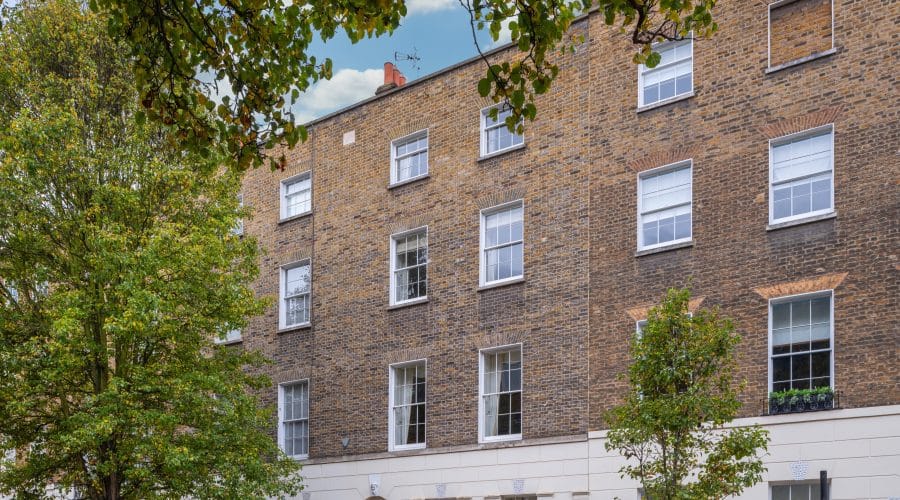“I don’t think anyone should underestimate the impact that a Greek exit from the euro would have on the European economy – and the knock-on effects on us.”
So said the Chancellor, George Osborne, who called the Greek crisis “one of the biggest external economic risks to the British economy”.
So which companies are feeling the worst of this knock-on effect?
The travel sector is the most obvious example, with Greece a top destination for sun-seekers. Credit Suisse analysts reckon the sun-soaked Mediterranean nation accounts for about 10 per cent – and 15 per cent in the summer – of bookings for the main two tour operators, FTSE 100 operator Tui, the group behind the Thomson and First Choice brands, and Thomas Cook.
They predict recent events in Greece, as well as the shootings in Tunisia, will hit the tour operators over the summer.
They have cut their earnings forecasts for this year by 8 per cent for Thomas Cook and by 3 per cent for Tui on the basis the pair will have to drop prices to attract customers back to Greece. Shares in both firms crashed this week.
Tui’s 40 to 50 Greek hotels make up around 17 per cent of its hotels business. The company’s own guidance says that every 1 per cent change in occupancy in Greece adds €6m (£4.25m) to underlying earnings.
On that basis, a 5 per cent fall in hotel bookings in Greece could cost it €5m.
However, Gert Zonneveld, a top leisure analyst at Panmure Gordon, said that while the travel companies will be hit in the short-term, a “Grexit” could even benefit them further down the line.
“If Greece ends up leaving the euro and reinstates the drachma, it might actually increase demand for trips to Greece, depending on how much the drachma would devalue relative to the euro or sterling,” Mr Zonneveld told The Independent.
“I can’t see how routes to and from Greece would be significantly negatively affected over the medium and longer-term,” he added. Shares in the British Airways owner IAG and rival EasyJet have also suffered on the prospect of fewer bookings to Greece, while Ryanair’s stock has just about held firm.
But Mr Zonneveld estimates that the Irish carrier makes 5 per cent of sales from flights to Greece compared with EasyJet’s 3.5 per cent.
June was the FTSE 100’s worst monthly performance in three years as it tumbled 6.6 per cent, thanks largely to fears over Greece.
The exodus from equities, which often happens during times of uncertainty, means lower volumes of trading for fund supermarkets such as Hargreaves Lansdown, whose shares have fallen 8 per cent over the month.
Dixons Carphone, the UK company behind PC World, Currys andCarphone Warehouse, has a Greek electricals business called Kotsovolos. Shares in the retail giant fell 3 per cent on Monday on fears capital controls imposed by Greece, restricting the amount of cash that can be withdrawn from banks, will prevent consumers buying pricey electrical goods at the chain.
The retail analyst Nick Bubb said: “It’s hard to see their stores doing much business this week, with the banking crisis intensifying.” Meanwhile, analysts at Barclays suggested it could reduce store hours or even close down, depending on demand.
Elsewhere, shares in Marks & Spencer, which has 28 stores in Greece, have fallen from 570p to 545p in a week, while investors in Greece-based but London-listed coke bottling company Coca-Cola HBC have also suffered.
Banking giant HSBC has been “monitoring the developments” in Greece. It has $6bn of Greek assets, around 3.7 per cent of its total net asset value, which is the most among European banks.
“Like all banks, HSBC has been working to prepare for such events and to take the necessary steps to meet relevant requirements,” HSBC said on Monday.
Banknote printer De La Rue has also watched its shares fall, along with lesser-known property investors Dolphin Capital, which has two resorts in Greece.
Vodafone also has a Greek arm. It recently admitted sales had suffered due to the crisis. “In Greece, the steady recovery in revenue trends through the year stalled in Q4 as a result of the worsening macroeconomic conditions,” Vodafone said.
Its sales in Greece fell to £576m last year, making up around 1.4 per cent of the group’s overall revenues. So while the numbers sound big, the relative impact on the mobile giant is small.
Imperial Leather soap maker PZ Cussons has a Greek food business called Minerva, behind the low-cholesterol cheeses and spreads line Benecol. But it also only makes up a small percentage of sales and the group’s shares have been impervious to the Greek debacle as a result.
Car dealer Inchcape enjoyed a return to growth last year from Greece, where it is the distributor of Toyota and Lexus vehicles, owns five retail centres and runs another 42 which are independently owned. The FTSE 250 firm said the Greek market continued its recovery, claiming the overall Greek car market grew 22.5 per cent last year.
Inchcape said: “The Greek market is expected to continue its recovery after six years of decline prior to 2013.” The latest figures on the Greek car market showed car sales jumped 47 per cent in April.
Moving money out of banks and spending it on hard assets such as cars is a classic sign of a country in the midst of a financial meltdown.
People would rather own physical assets than lose control of their earnings or lose them altogether through insolvency – much in the same way investors rush to buy gold in economically or politically unstable times.
It was a similar story last year for Russia, where car registrations soared as the rouble crashed. So Inchcape may well be profiting from the Greeks’ financial distress.
The property buying agency Black Brick, which covers London and the Home Counties, reported an increase in Greek clients looking to invest in London as the economic instability takes hold in their homeland.
Managing partner Camilla Dell said: “Greece’s super-rich have long been a feature of the top end of London’s property market, but the country’s recent woes have seen a different type of buyer arrive from Athens.
“Middle-class Greeks are looking to acquire London property as a hedge against the effects that a return to the drachma would have on pensions and similar investments they hold in Greece.”














